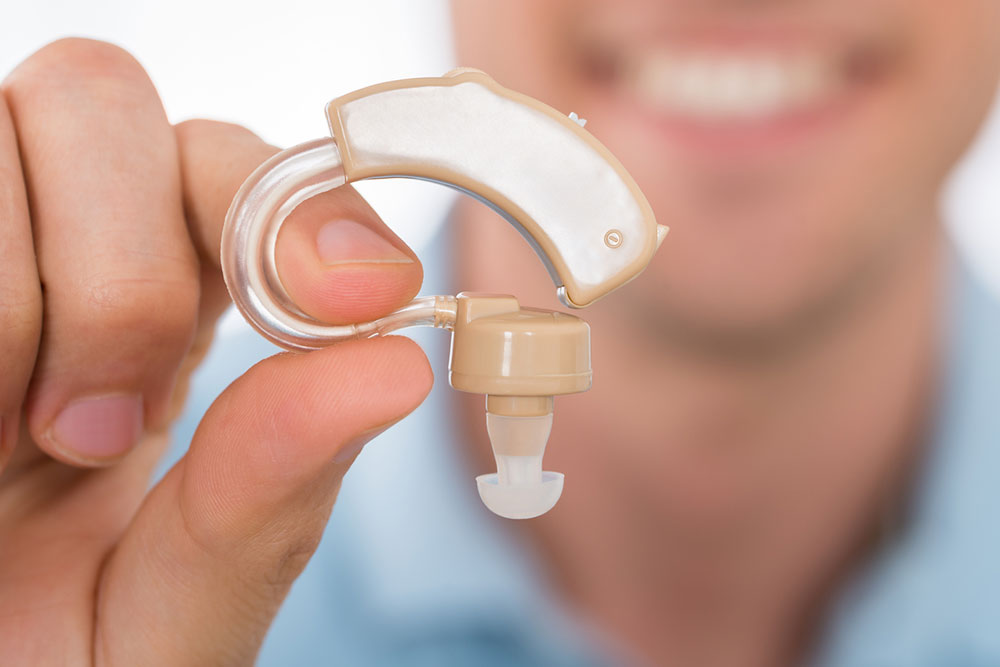4 mistakes new hearing aid users need to avoid

Hearing loss is a more prevalent issue than many people realize. According to the NIDCD, approximately 30 million individuals in the country experience hearing loss. Fortunately, those affected can benefit from using hearing aids, which they can acquire with the help of a specialist. By wearing hearing aids, they can significantly improve their ability to hear and their quality of life, provided they avoid making common mistakes when using the devices.
Not checking the settings
Right before using the new hearing aids, make sure to take a moment to familiarize yourself with the manual. Getting acquainted with the settings and features of the aids can help users enhance their hearing experiences and significantly improve their quality of life. Rushing into using the aids without proper setup may make one miss out on some important features, resulting in an adverse impact. So, one should ensure that the settings are configured correctly to make the most of the new hearing aids. Improper settings can result in dissatisfaction with the expected improvements in hearing, potentially leading to decreased usage of the aids. If one’s unsure of how to configure the settings, visit the hearing specialist or connect with the customer support team of the device manufacturer to learn about its features and settings for optimal results.
Not cleaning them regularly
Hearing aids can be quite expensive and may require time to get accustomed to their usage. For the product to last long, one must regularly clean their aids. Unfortunately, many people become lax or get too occupied in their daily routines to keep up with their regular maintenance. But, neglecting to clean the hearing aids will potentially lead to hygiene issues due to the build-up of dirt, dust, and ear wax within the device. If this build-up is not cleared, it can hinder the proper functioning of the hearing aids.
Not having the patience to adjust
To adapt to every change in life, one needs some time. So, new hearing aid users should also take some time to understand and adapt to the devices. Users need to remember that hearing aids can improve hearing but may not completely restore it to normal. Users may initially feel a difference while wearing the device and may need some time to readjust to the sounds and sensations. During this initial stage, staying connected with a hearing specialist or a doctor is crucial as they can ensure a smooth transition from hearing loss to improved hearing.
Not having the aids professionally fitted
Hearing aids are also available over the counter, which makes it more convenient for people to buy a set from nearby stores. This means many may choose to wear the aids without any professional guidance. While this option may seem convenient, it can cause complications in the long run. An important reason why people should consider getting their hearing aids professionally fitted is to ensure c omfort while wearing the device . If the hearing aids fit well, they can make it easier for the wearer to use them comfortably on a regular basis . If they are not correctly designed, many users may avoid using them due to discomfort.

